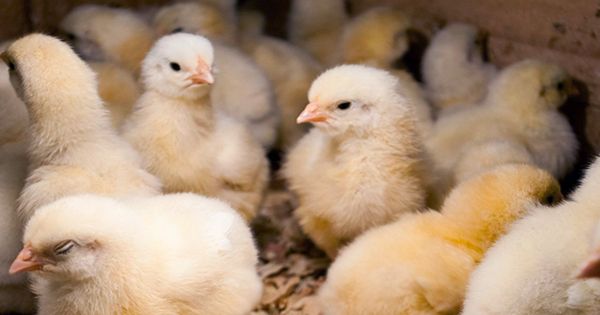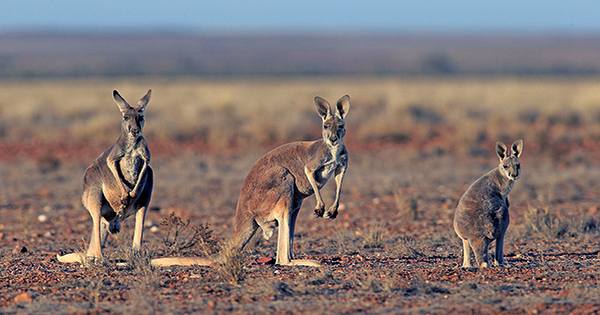Germany has passed a law that outlaws the removal of male lambs in the meat industry from January 1, 2022. This makes Germany the first country to legally ban the slaughter of lambs. The meat industry uses two main methods of poultry products. One is boiler chicken, raising women who gain weight fast and is therefore considered economically valuable for their meat.
Others can lay eggs as much as possible before classifying the egg layer, like soup chicken. It is a system that brings in a lot of females with males just to inactivate the eggs. As such, male hens are not considered an economically sustainable choice as hatching is routinely cut soon after. In traditional poultry farms, when it comes to male chicks, young animals were seen through a method of reconstitution in low-quality feed that they had torn off the massages in previous years.
Germany is now leading the way out of this morally questionable practice, making it illegal to carry out mass bleaching of male puppies from the following year. Germany’s federal administrative court ruled in 2019 that animal welfare concerns exceeded the economic interests of the industry. Farmers now need to use an innovative technology that can prevent the birth of male chicks by developing chicken eggs.
The technique cuts a small hole in the shell of the developing egg and tests it for sex-dependent hormones. Thus, developing males can be destroyed long before hatching, which is the culmination of an unethical spreading practice that typically processes about 43 million chicks each year in Germany. Animal welfare workers have long campaigned for an end to the practice, but farmers have complained that there are no practical, cost-effective and cruelty-free alternatives.
However, the government has said that methods are available to farmers to determine the sex of the chicks before they hatch. A technique developed by a German firm uses a laser to create a small hole for extracting fluid from a fertilized egg, before testing for the presence of a female hormone. “We have invested millions of euros in alternative goals, which have combined animal welfare and economic efficiency on German soil,” Klöckner said.
















